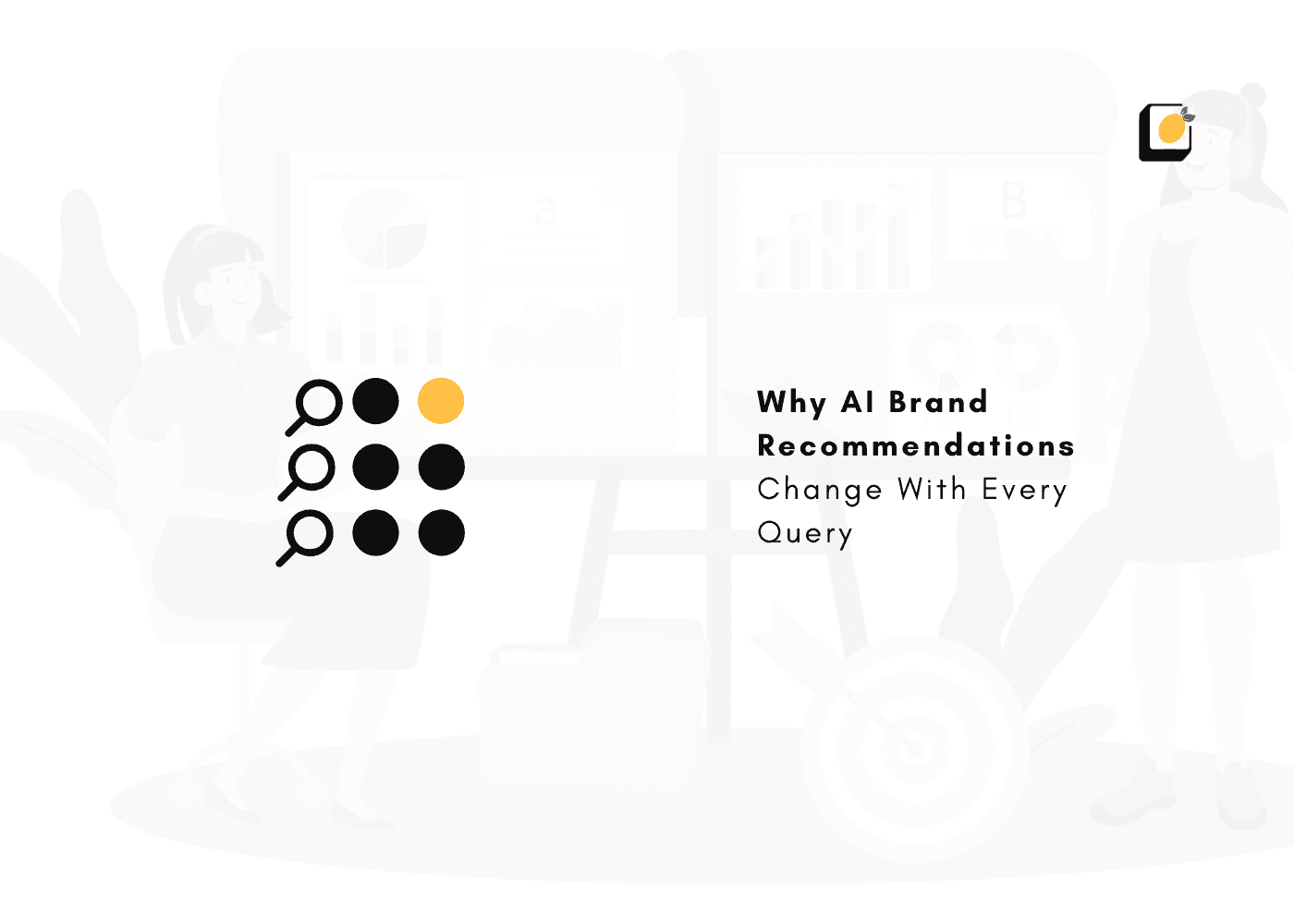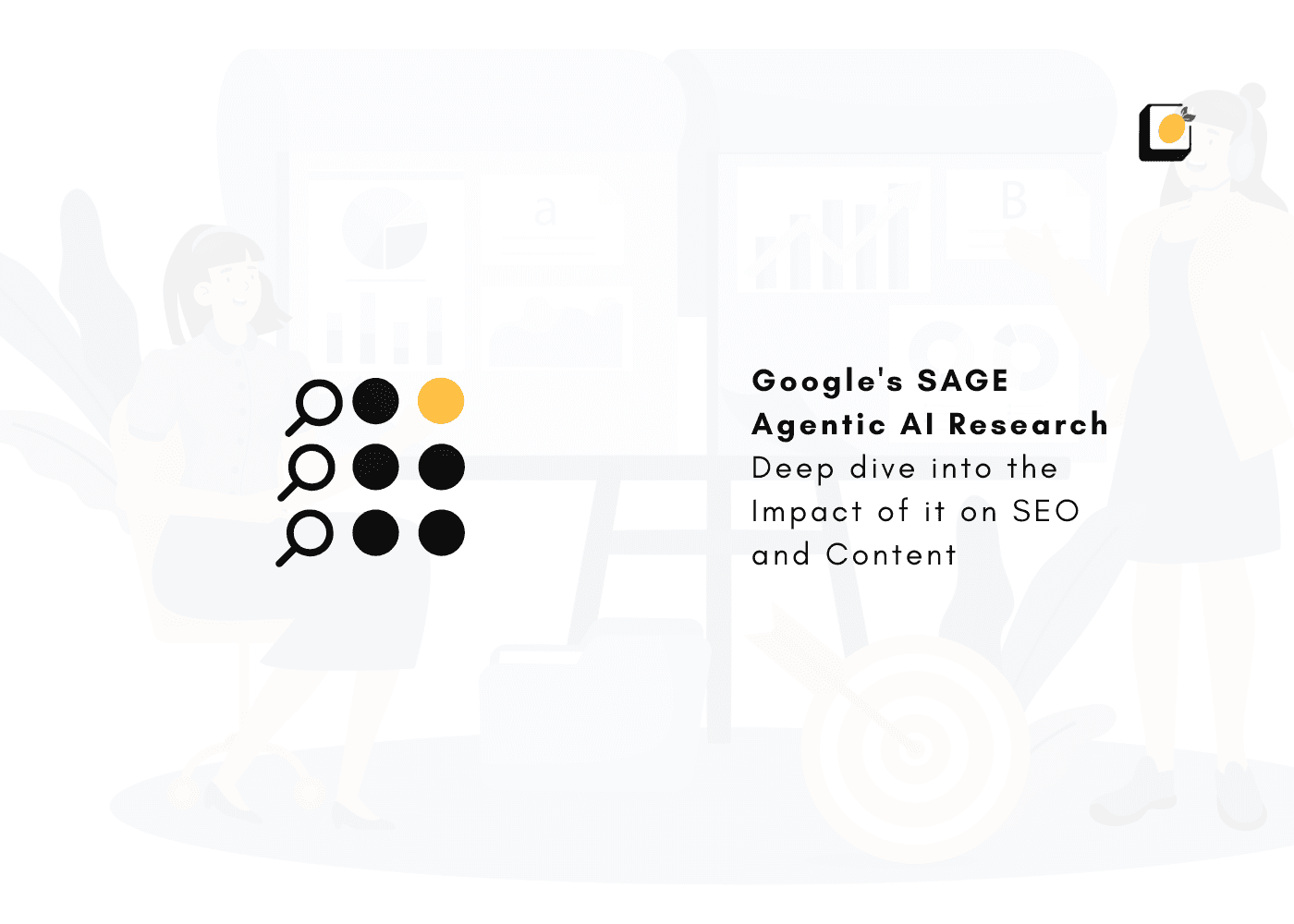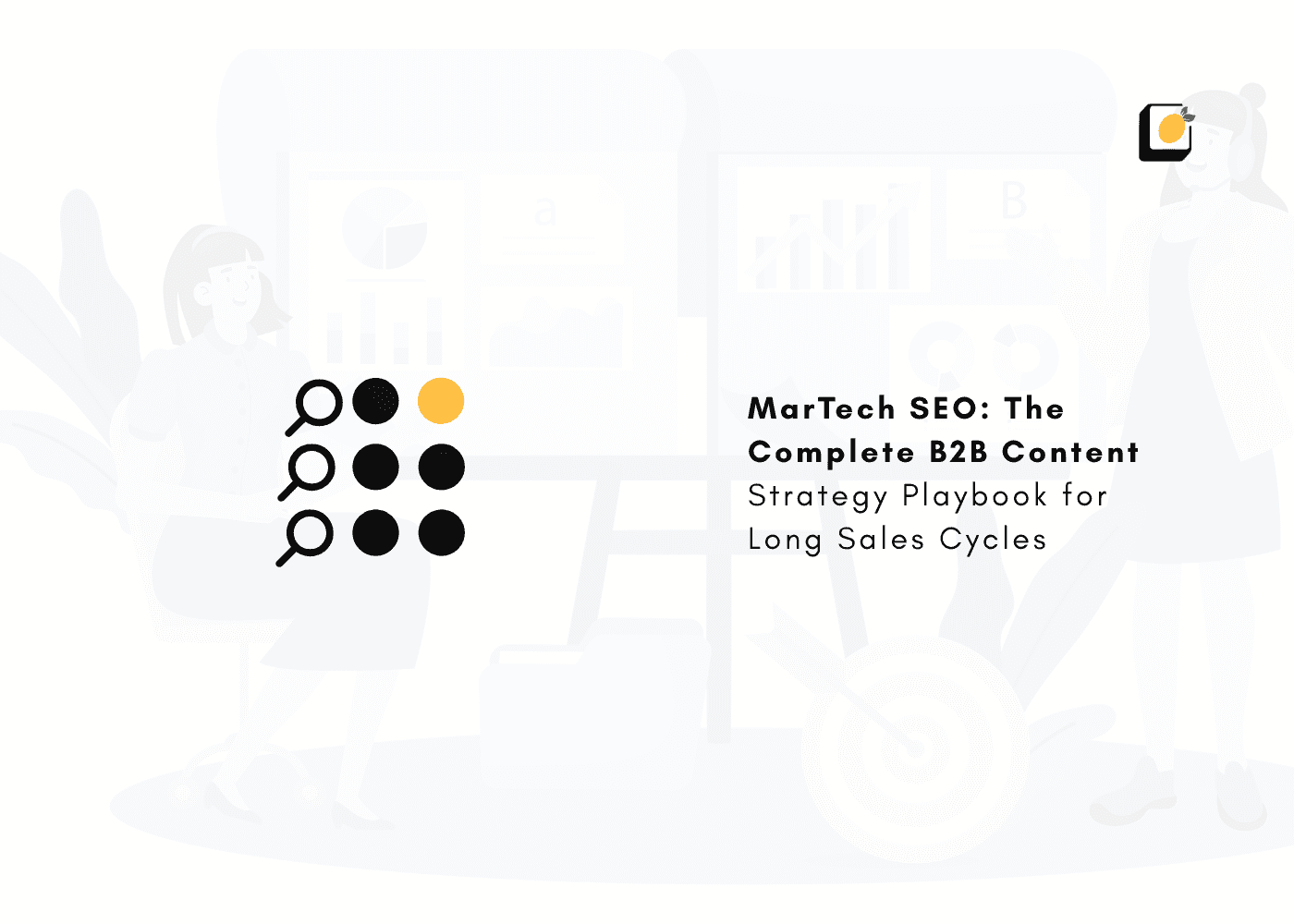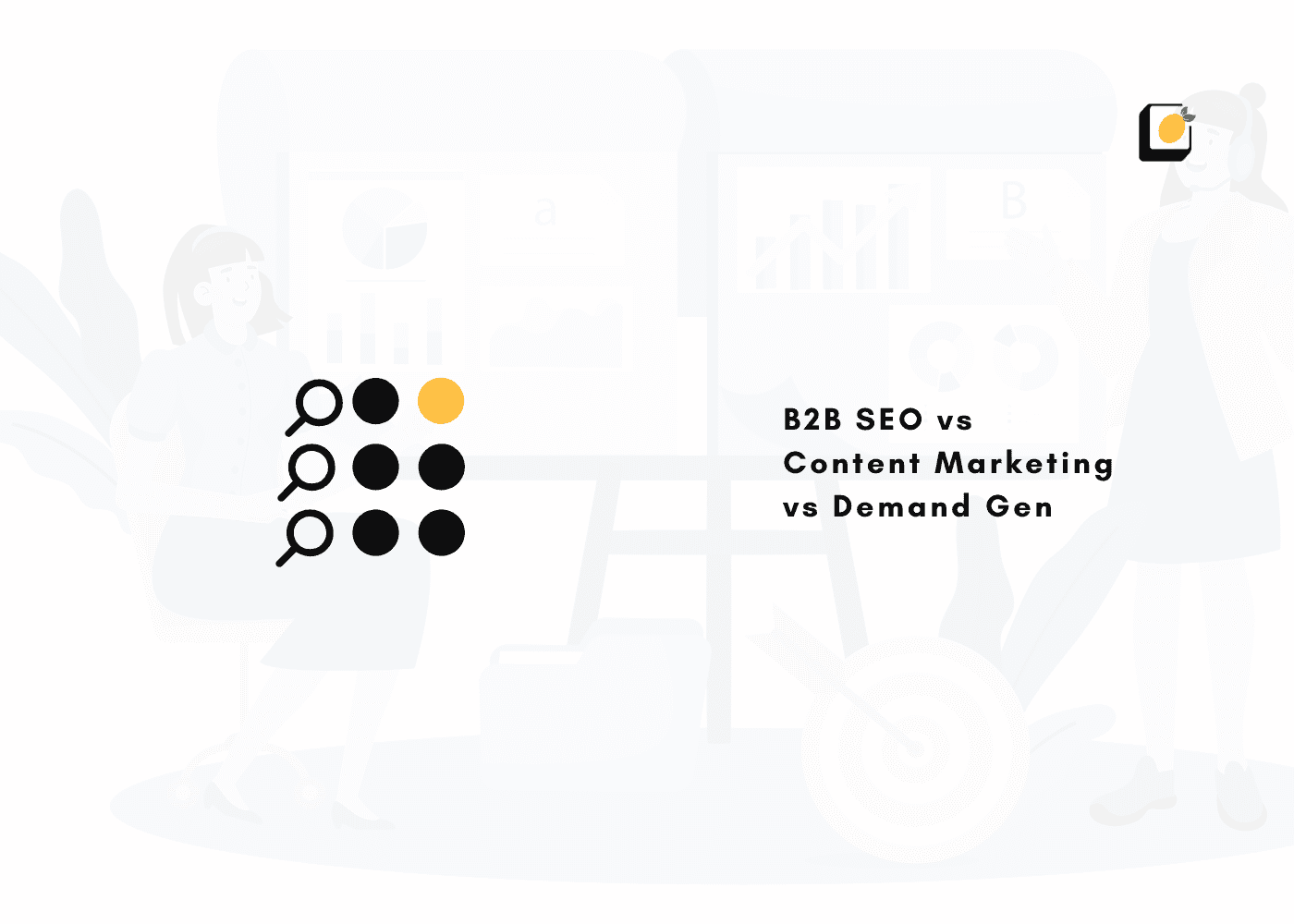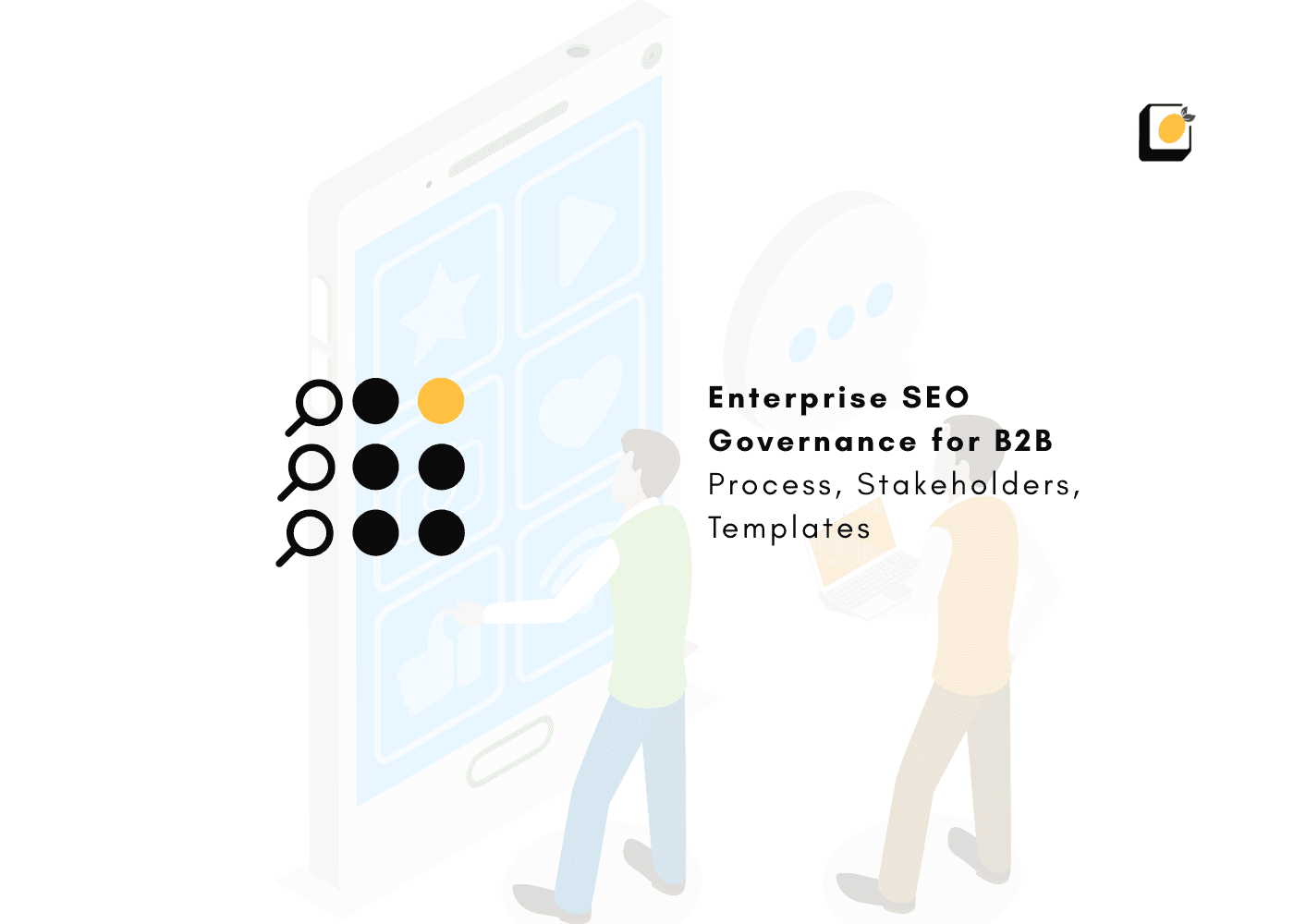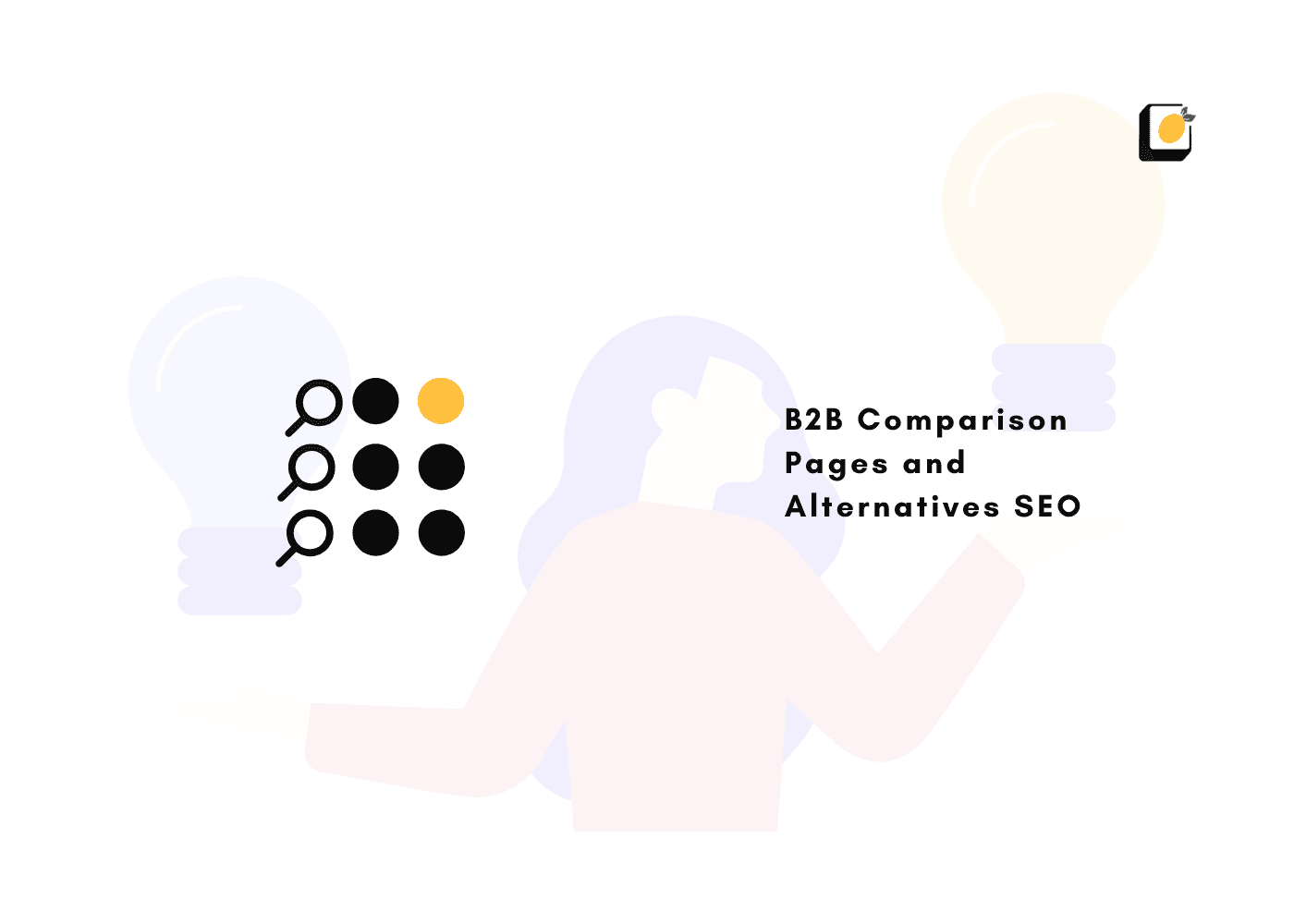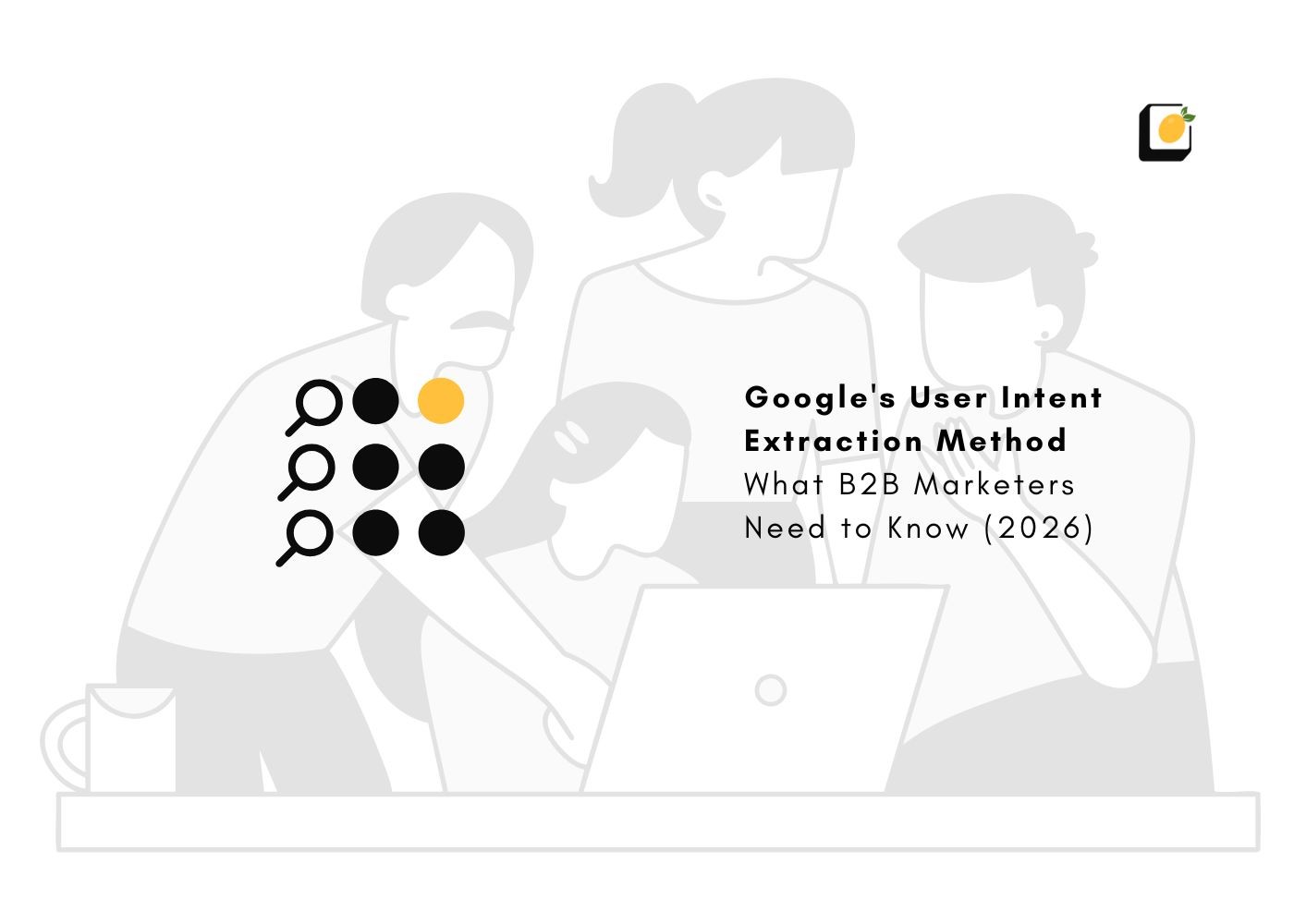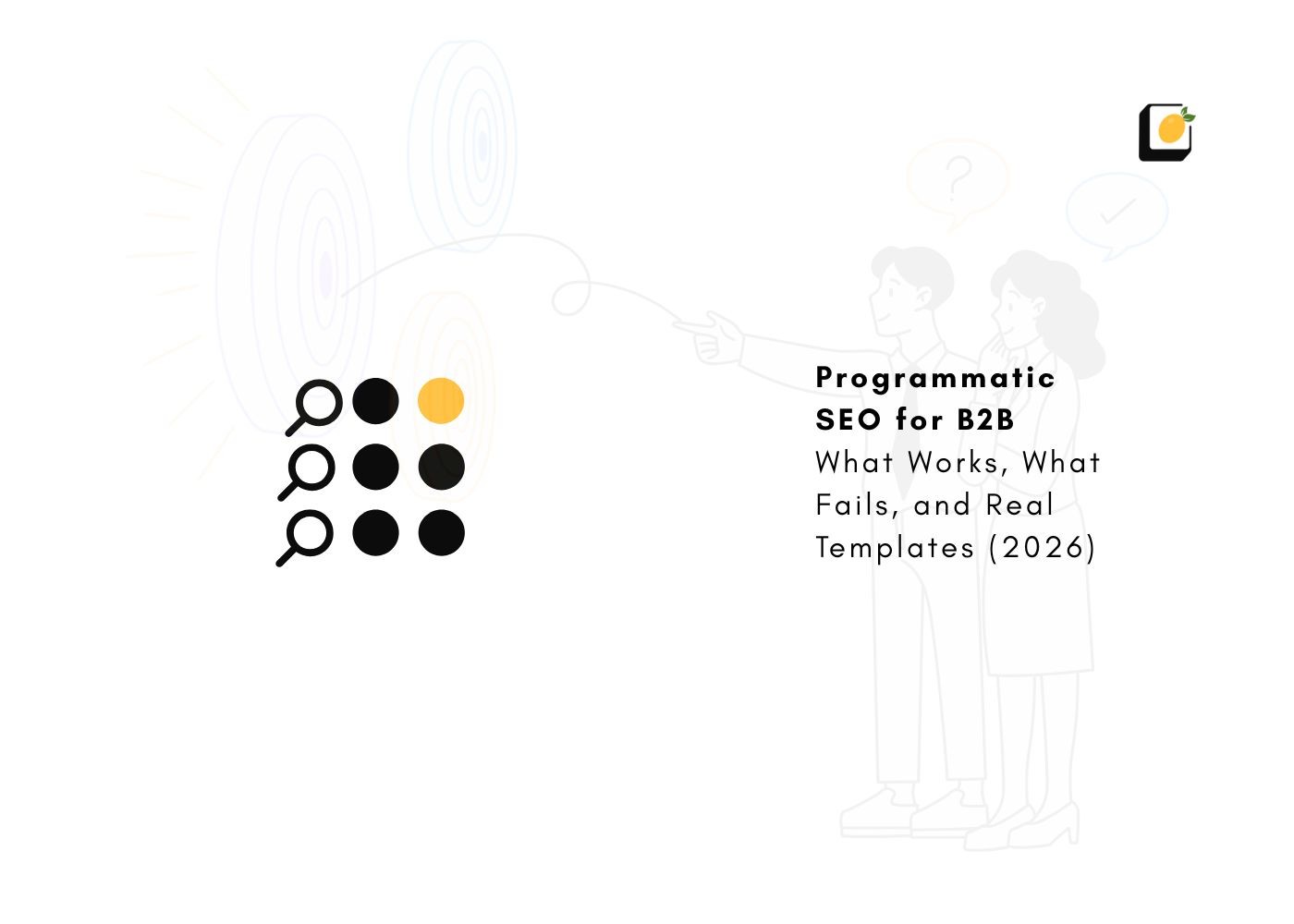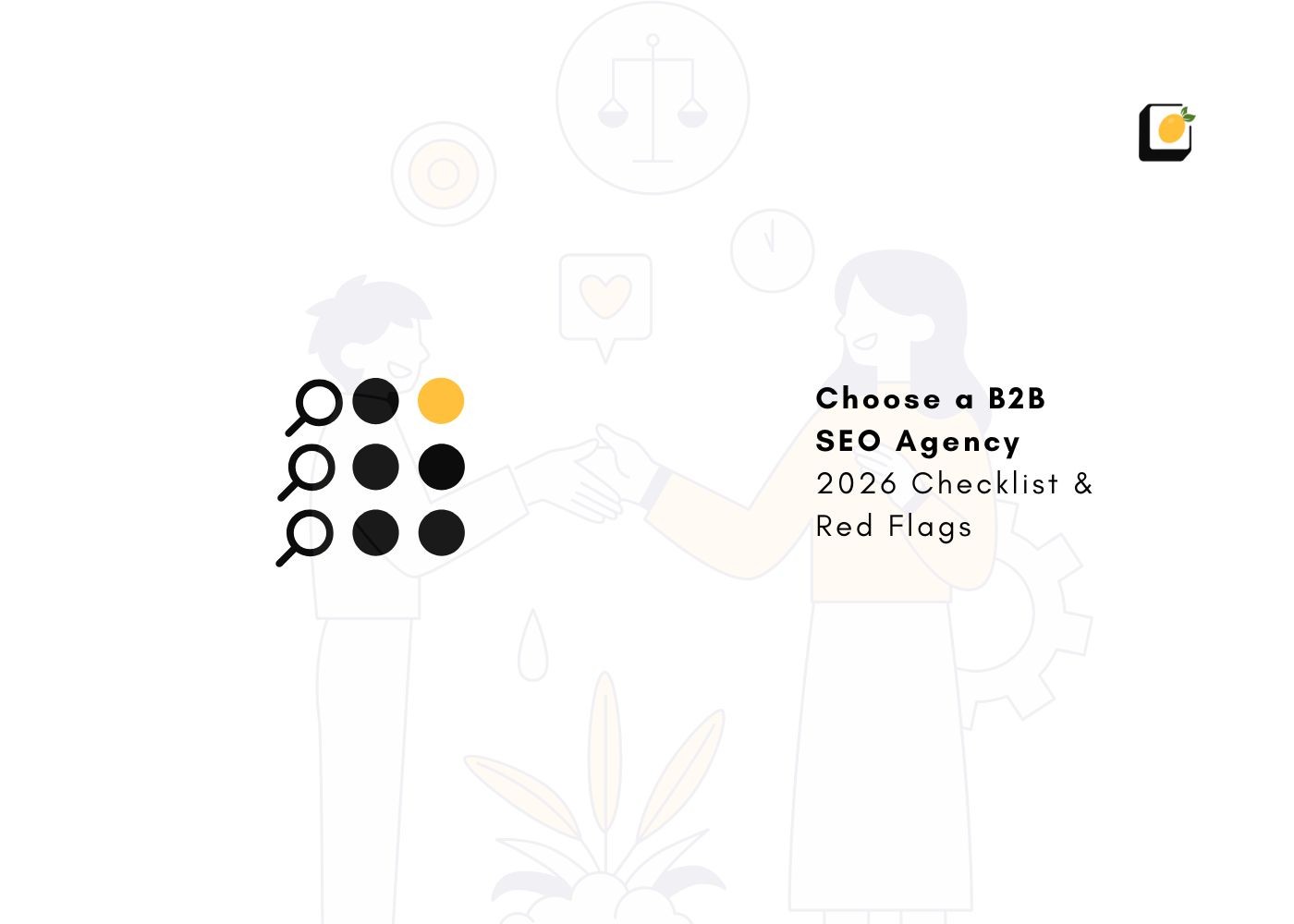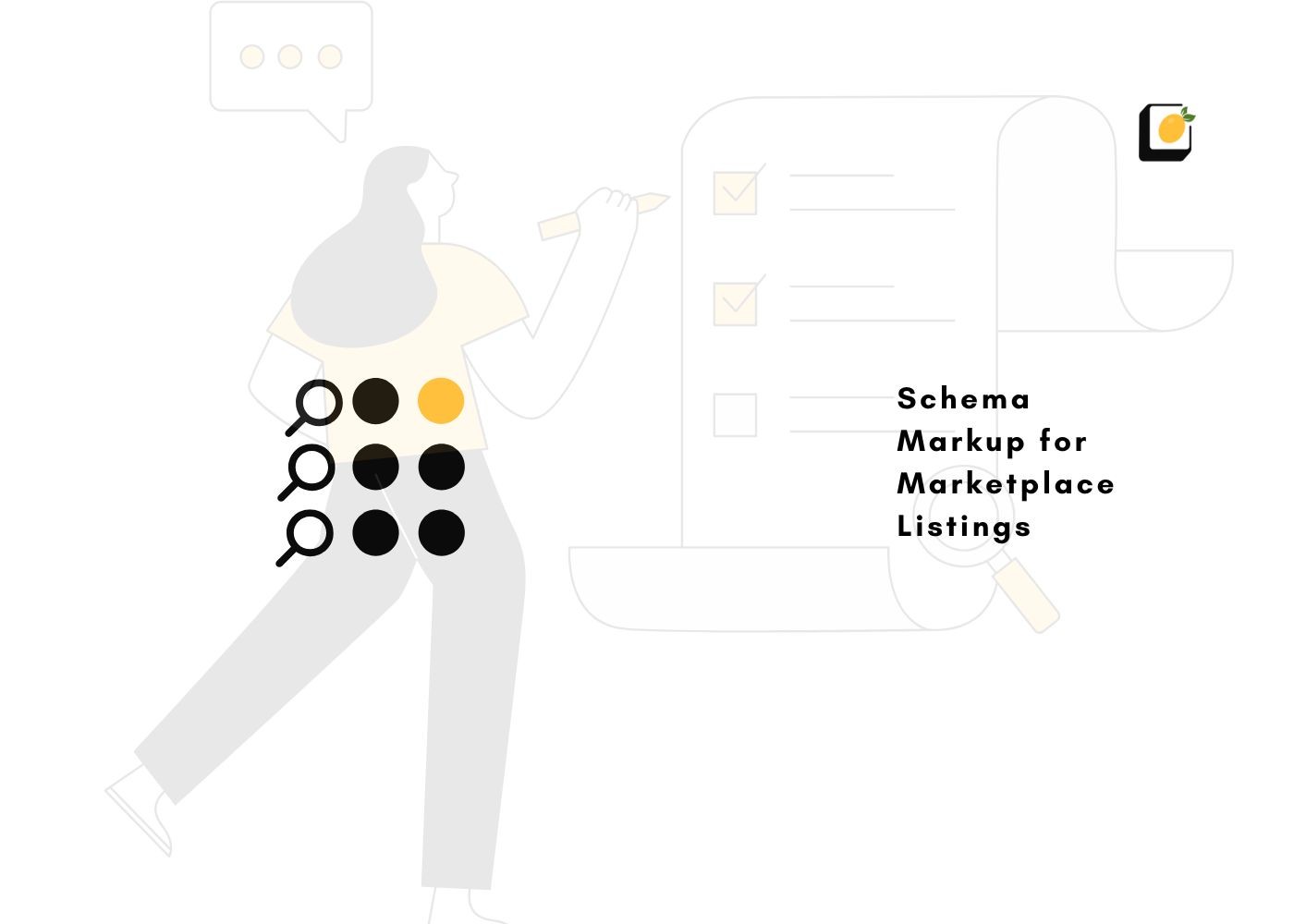Can You Do SEO Yourself?
June 18, 2025
Join 500+ brands growing with Passionfruit!
What is Search Engine Optimization (SEO)?
Search engine optimization is the process of improving your website so that it ranks higher on search engines like Google. The better your website ranks, the more people can find it when they search for information, services, or products you offer. SEO includes technical work, content updates, and design improvements that help both search engines and users understand your site.
What Is “Do-It-Yourself” SEO?
DIY SEO means optimizing your site without hiring a pro by learning the basics, using keyword tools, and improving content and speed. With online tutorials, even beginners can write strong meta descriptions or compress images. While it’s accessible, it takes time and consistency. The key is knowing where to start and being ready to learn.
What SEO Tasks Are Beginner-Friendly?
If you're just starting with SEO, it's helpful to know which tasks you can realistically handle without needing professional support. Fortunately, many foundational SEO techniques are accessible to beginners. With a bit of practice and the right tools, you can begin to optimize your site and see measurable improvements in visibility. The key is to start with core tasks that offer a solid return on effort and build confidence.
Keyword Research
Keyword research means finding the search terms your audience uses. Tools like Ubersuggest or Google Keyword Planner help identify phrases with decent search volume. Start with long-tail, low-competition keywords, they're easier to rank for. Choosing the right keywords lays the groundwork for everything else in SEO.
On-Page SEO
On-page SEO involves optimizing elements like titles, meta descriptions, headers, and image alt text. Tools like Yoast SEO make it easier for beginners to follow best practices. Structuring content clearly helps search engines index your pages accurately and improves rankings.
Content Creation
Content creation is one of the easiest and most effective SEO steps. Write blogs, guides, or service pages based on your keyword research. Use headers and bullet points to make content easier to read. Publishing helpful, consistent content increases your site's authority over time.
Managing Google Business Profile
If you run a local business, keep your Google Business Profile updated with accurate info like address, hours, and services. Add photos, respond to reviews, and post updates regularly. Active profiles are more likely to show up in local search and on Google Maps
Basic Analytics Tracking
Tracking SEO performance is key to growth. Google Analytics and Search Console help you see how users find and interact with your site. Monitor traffic, bounce rate, and keyword rankings to spot trends and make informed content or design changes, even without advanced skills.
These tasks form the foundation of good SEO and are great places to start. Once you build confidence with these basics, you can decide whether to explore more technical areas or bring in professional support.
Which SEO Tasks Are Best Left to Experts?
Some SEO tasks are simple to handle on your own, but others involve technical complexity and deeper knowledge of how search engines work. Without the right expertise, tackling advanced areas like site architecture or algorithm updates can lead to costly mistakes. For those parts, it’s often smarter to rely on experienced professionals.
Technical SEO Audits
Technical SEO audits check your site’s backend for issues like crawl errors, broken links, and duplicate content. Tools can flag problems, but fixing them often requires technical skill. An expert can accurately interpret the data and resolve issues that impact your rankings.
Site Speed Optimization
Page speed affects both rankings and user experience, and optimizing it goes far beyond image compression. It often requires code tweaks, caching, server upgrades, or a CDN, tasks best handled by professionals. Errors can break your site, so expert help is crucial for complex or media-heavy pages.
Schema (Structured Data) Markup
Structured data markup helps search engines interpret your content and enables rich snippets in search results. It must be added in formats like JSON-LD and properly validated to avoid errors. SEO experts ensure it's implemented correctly to boost visibility without causing technical issues.
Mobile Usability Improvements
A mobile-responsive site can still have issues like tiny buttons, layout overlaps, or slow scripts on phones and tablets. Fixing these requires front-end development and UX testing using real devices and emulators. Experts ensure your site meets Google’s mobile standards, essential for mobile-first indexing.
Link Building and Outreach
Earning high-quality backlinks is one of SEO’s hardest tasks, involving research, outreach, and relationship-building within Google’s guidelines. Professionals bring proven strategies, templates, and trusted networks to the table. They also avoid risky tactics like link buying or PBNs that can trigger penalties.
Competitor Analysis
Competitive SEO analysis requires both data and strategic insight to be effective. Tools like Ahrefs or SEMrush show what rivals are ranking for, but making sense of that data can be tricky. SEO professionals turn these insights into clear strategies, revealing keyword gaps and growth opportunities.
Outsourcing these ensures accuracy and saves you time. Rather than struggle through technical processes or risk doing something incorrectly, it’s often more efficient to bring in experts who can do it right and faster.
How to Start Search Engine Optimization Yourself
Starting SEO solo can feel overwhelming, but taking it step by step makes it manageable. You don’t need to master everything at once, just learn, try, and use helpful tools. The next section breaks down a simple four-step DIY SEO process to boost visibility and traffic on your own.
Step 1: Learn the Basics of SEO
If you're new to SEO, begin by building a strong foundation of basic knowledge. Google's SEO Starter Guide is one of the best places to start, as it’s written by the people who run the search engine you're optimizing for.
Platforms like Moz, Ahrefs, and Semrush also offer free tutorials and courses that cover essential topics.
Key ideas to understand include how search engines crawl and index websites, what makes content “rankable,” and why user experience matters for SEO success.
Learning these basics will make every other SEO task easier and more effective.
Step 2: Choose the Right Tools
Here’s a short list to get started:
Google Search Console helps you track your website’s performance, submit sitemaps, monitor indexing issues, and get alerts on site health.
Ubersuggest or Keywords Everywhere allow you to find valuable keywords based on search volume, competition level, and cost-per-click data.
Yoast SEO plugin (for WordPress) gives page-by-page optimization advice, helping you improve titles, meta descriptions, and content readability.
Canva or TinyPNG enable you to design SEO-friendly visuals and compress image sizes so your pages load faster without sacrificing quality.
Step 3: Do Keyword Research
Find what people are searching for related to your topic. Tools show you search volume and competition. Aim for keywords with high search volume but low competition.
Pro Tip List: How to Pick the Right Keyword
Choose terms your audience actually types into Google, especially ones that solve a specific problem or reflect real questions.
Look for long-tail keywords (e.g., “best dog food for puppies”) which are easier to rank for and target users with specific intent.
Check if similar pages are already ranking and study them to understand what content is performing well and where you can improve.
Step 4: Optimize Your Pages
Every page on your site should target one main keyword. Include it in the:
Page title, to signal to search engines what the page is about and to appear prominently in search results.
Meta description, which gives users a preview of your content and can influence click-through rates.
URL, keeping it short, readable, and reflective of the page’s main topic.
First paragraph, so both users and search engines immediately understand the purpose of the page.
Headings (H2, H3), to organize content and reinforce keyword relevance throughout the article.
Image alt text, to describe images for accessibility and give search engines more context for indexing.
Where Does DIY SEO Fall Short And What to Do About It?
DIY SEO has its limits. Some challenges come from technical complexity, while others come from the time investment or slow results. Understanding where you might hit those limits can help you know when to push through and when to seek help. Here’s what to expect and how to handle it.
How Long Does It Take to See Results?
SEO is not fast. It can take three to six months to notice real changes, especially if your site is new or in a competitive niche. This delay is normal and expected. Search engines need time to crawl your website, evaluate your content updates, and re-rank your pages in response to those changes. Patience is critical, even perfectly executed SEO doesn’t bring instant traffic.
What Are the Common Pitfalls of DIY SEO?
Here are some mistakes people often make:
Targeting keywords with too much competition, which makes it difficult to rank and see meaningful traffic gains.
Using keywords too many times in a page (known as keyword stuffing), which can hurt readability and damage rankings.
Neglecting to optimize for mobile users, who now make up the majority of web traffic across many industries.
Ignoring technical issues like crawl errors or slow page speeds, both of which can hold back even great content.
Forgetting about content quality and publishing for algorithms instead of actual human readers.
Mistakes to Avoid in DIY SEO
Stay away from "black hat" SEO techniques like these:
Buying backlinks, which violates Google’s guidelines and can trigger penalties that reduce your site’s visibility.
Keyword stuffing, which creates a poor user experience and makes content sound robotic or unnatural.
Cloaking, or showing different content to users and search engines, which is deceptive and easily flagged.
Spammy guest posting, especially when done purely for links and not value which can lead to link devaluation.
Google can penalize sites that break the rules, which may result in lower rankings or even removal from search results altogether.
When Should You Consider Hiring a Pro?
If you're consistently hitting roadblocks, it might be time to get outside help.
For instance:
You're not seeing traffic growth after six months of steady effort, even with good content and structure.
You can’t identify why certain pages don’t rank well despite following SEO basics.
You have technical issues, such as schema markup or server errors, that you don’t know how to fix.
An SEO agency can audit your site, uncover hidden problems, and create a tailored long-term strategy. It’s not a failure to hire someone. It’s a smart investment when progress stalls.
Agencies like Passionfruit, which connects businesses with vetted freelance SEO specialists, can help you find the right expertise to move your website forward without the commitment of a traditional agency model
Ready to take your SEO game to the next level? Talk to our expert consultants now.
Final Thoughts
You can do SEO yourself and for many people, it’s a great place to start. It gives you insight into how your website works, helps build better content, and can save money. As long as you’re patient and willing to learn, you can make real progress.
Eventually, you may outgrow DIY SEO. That’s okay. The skills you gain now will help you hire smarter later.
Next time you log into your website dashboard, don’t just wonder why traffic is low. Ask: what’s the next SEO fix I can make today? Then do it. That’s how rankings improve. One click at a time.
Key Takeaways
You can do SEO yourself by mastering core skills like keyword research, content creation, and on-page optimization.
DIY SEO helps save costs, gives you control, and builds long-term digital skills you can use across projects.
Beginner-friendly tasks like managing your Google Business Profile or using SEO plugins can drive visible results.
Some advanced tasks like technical audits and schema markup are better handled by experienced professionals.
SEO requires patience. Expect 3 to 6 months to see measurable improvements even with consistent effort.
Avoid risky tactics like buying backlinks or keyword stuffing, as they can lead to penalties and traffic drops.
Frequently Asked Questions
1. What is the first thing I should do when starting DIY SEO?
Begin by understanding the basics of how search engines work. Focus on learning about keyword research, on-page SEO, and creating quality content. Setting up Google Search Console and Google Analytics should be your next step so you can monitor your site’s performance from the start.
2. Can I rank on Google without hiring an SEO agency?
Yes, many websites have improved their rankings through DIY SEO strategies. If you're consistent, use the right tools, and produce high-quality content targeting relevant keywords, it's possible to rank without agency support. However, complex issues like technical SEO and link building might still need expert help.
3. How do I know if my SEO efforts are working?
Use tools like Google Analytics and Search Console to track changes in traffic, rankings, and engagement. If you're seeing an upward trend in impressions, clicks, and conversions over a few months, it's a good sign your efforts are paying off. SEO takes time, so be patient and keep refining your strategy.
4. What are some free tools I can use for DIY SEO?
Several free tools are beginner-friendly and powerful: Google Keyword Planner for research, Google Search Console for performance tracking, and Yoast SEO (for WordPress users) for on-page optimization. For image compression, TinyPNG is helpful, and Ubersuggest offers limited but useful free keyword data.
5. Is blogging necessary for DIY SEO?
Blogging is one of the easiest and most effective ways to improve SEO on your own. Regular blog posts targeting specific search queries help you rank for more keywords and build topical authority. Just make sure the content is useful, keyword-optimized, and answers real user questions.
6. When should I stop doing SEO myself and hire a professional?
If your growth plateaus despite consistent effort, or you face technical problems like indexing errors or poor site speed that you can’t solve, it might be time to consult an expert. Hiring a pro is also smart if you want to scale quickly or tackle competitive niches.


